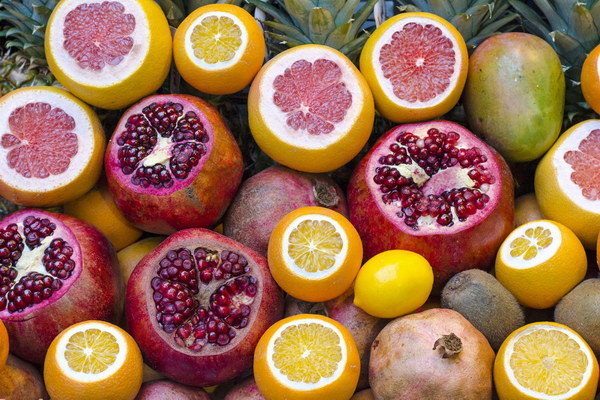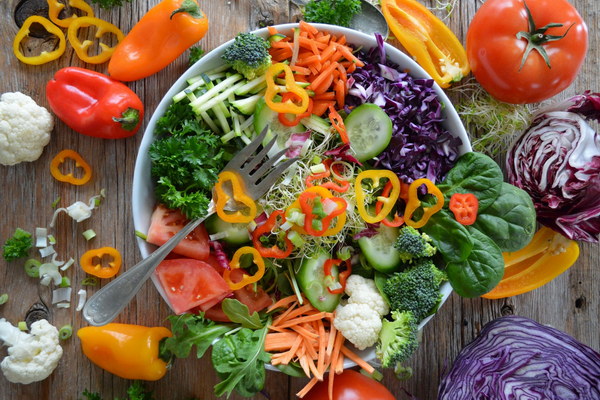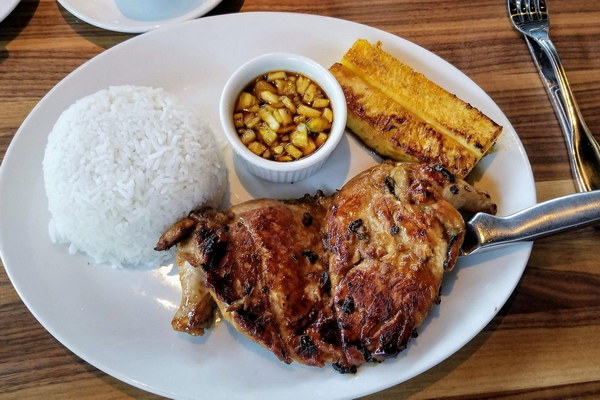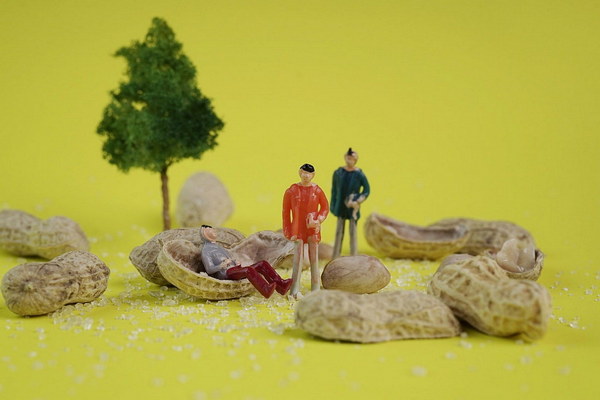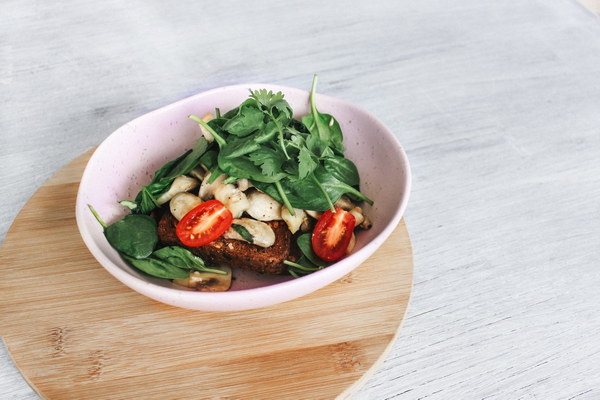Natural Remedies and Dietary Tips for Benign Prostatic Hyperplasia
Benign Prostatic Hyperplasia (BPH) is a common condition in older men, affecting the prostate gland and leading to symptoms such as frequent urination, difficulty starting or stopping urination, and weak urine flow. While medication and surgery are often used to manage BPH, many men are turning to natural remedies and dietary changes to alleviate symptoms and improve their quality of life. Here are some effective dietary tips for managing BPH.
1. Increase Your Fluid Intake
Drinking plenty of fluids, especially water, can help to flush out the urinary tract and reduce the risk of infections. Aim for at least 8 glasses of water per day, and consider adding herbs like nettle leaf or saw palmetto to your water for added benefits.
2. Limit Caffeine and Alcohol
Caffeine and alcohol can irritate the bladder and worsen BPH symptoms. Try to reduce your intake of these substances, and opt for decaf coffee and alcohol-free beverages instead.
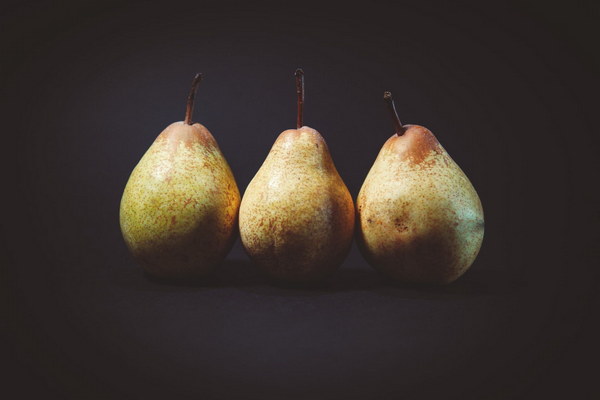
3. Include Prostate-Healthy Foods
Certain foods are known to support prostate health and may help alleviate BPH symptoms. Here are some prostate-friendly foods to include in your diet:
- Tomatoes: Rich in lycopene, a powerful antioxidant, tomatoes can help reduce the risk of BPH. Enjoy tomato-based dishes like sauces, soups, and salads.
- Selenium-Rich Foods: Selenium is an essential mineral that may help prevent the growth of BPH. Incorporate selenium-rich foods such as Brazil nuts, sunflower seeds, and whole grains into your diet.
- Flaxseeds: Flaxseeds contain lignans and omega-3 fatty acids, which have been shown to reduce BPH symptoms. Sprinkle ground flaxseeds on your morning oatmeal or yogurt.
- Pumpkins: Pumpkins are a good source of alpha-linolenic acid (ALA), which has been found to help reduce BPH symptoms. Enjoy pumpkin soup or incorporate pumpkin seeds into your diet.
4. Avoid Certain Foods
Some foods can exacerbate BPH symptoms. Here are some foods to avoid:
- Spicy Foods: Spicy foods can irritate the bladder and worsen BPH symptoms. Try to limit or avoid spicy dishes.
- Citrus Fruits: Citrus fruits, such as oranges and grapefruits, can irritate the bladder and worsen BPH symptoms. Consider substituting these fruits with other, less acidic options.
- Dairy Products: High-fat dairy products, such as cheese and whole milk, have been linked to an increased risk of BPH. Try to opt for low-fat or non-dairy alternatives.
5. Maintain a Healthy Weight
Being overweight can increase the risk of BPH and worsen symptoms. Maintaining a healthy weight through a balanced diet and regular exercise can help reduce the risk and alleviate symptoms.
6. Consider Supplements
While there is limited scientific evidence to support the use of supplements for BPH, some men find relief from natural supplements like saw palmetto, pygeum, and lycopene. Consult with your healthcare provider before starting any new supplement regimen.
In conclusion, managing BPH through dietary changes and natural remedies can help alleviate symptoms and improve your quality of life. Incorporating these tips into your daily routine may lead to better urinary function and overall well-being. Remember to consult with your healthcare provider before making significant changes to your diet or starting any new supplement regimen.
